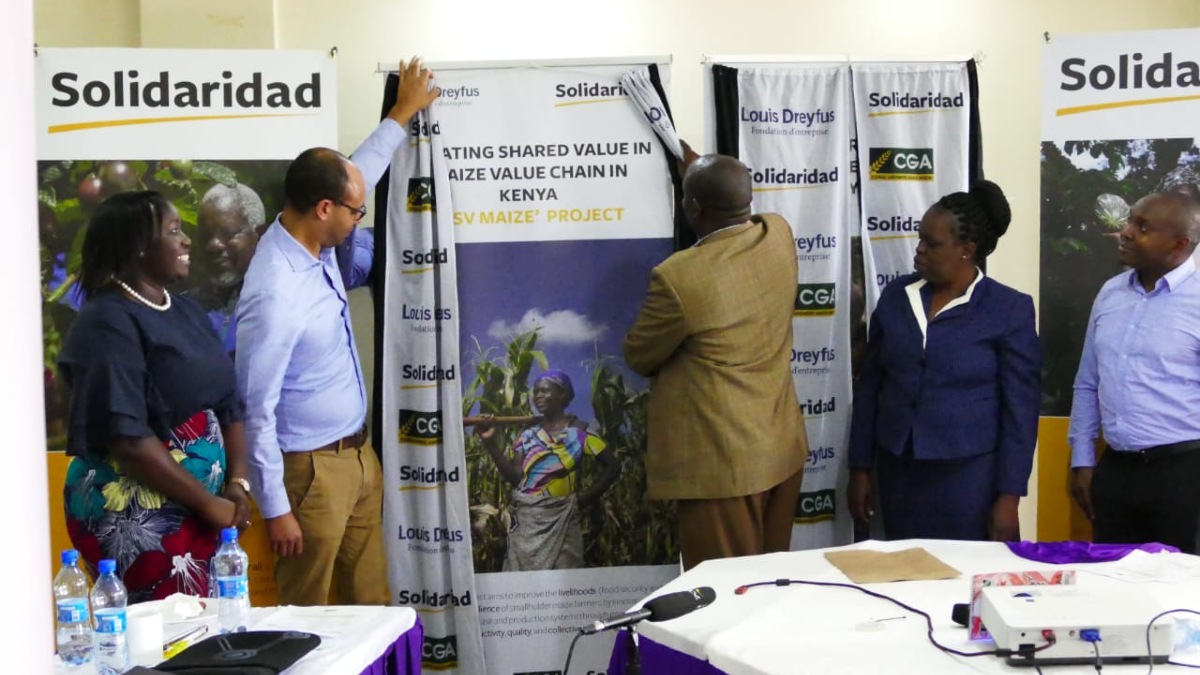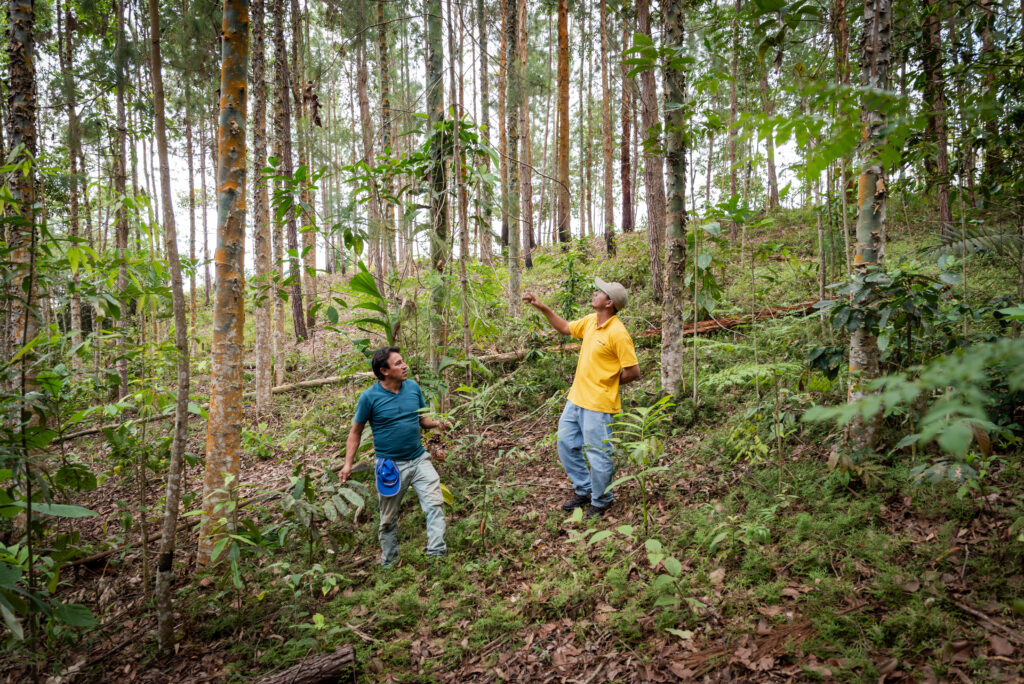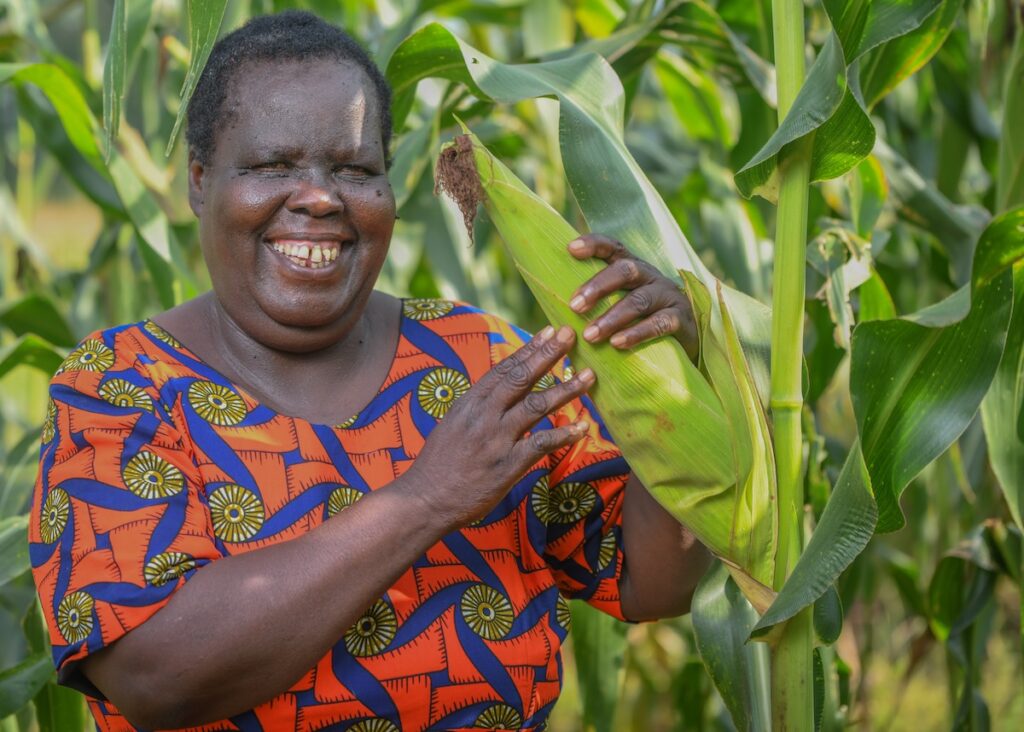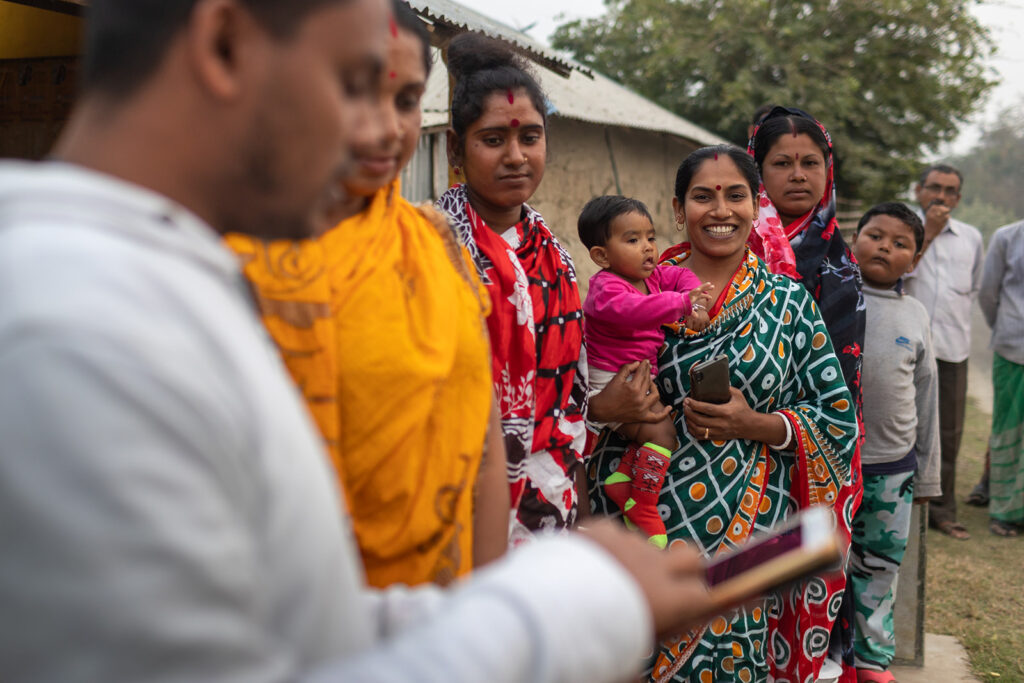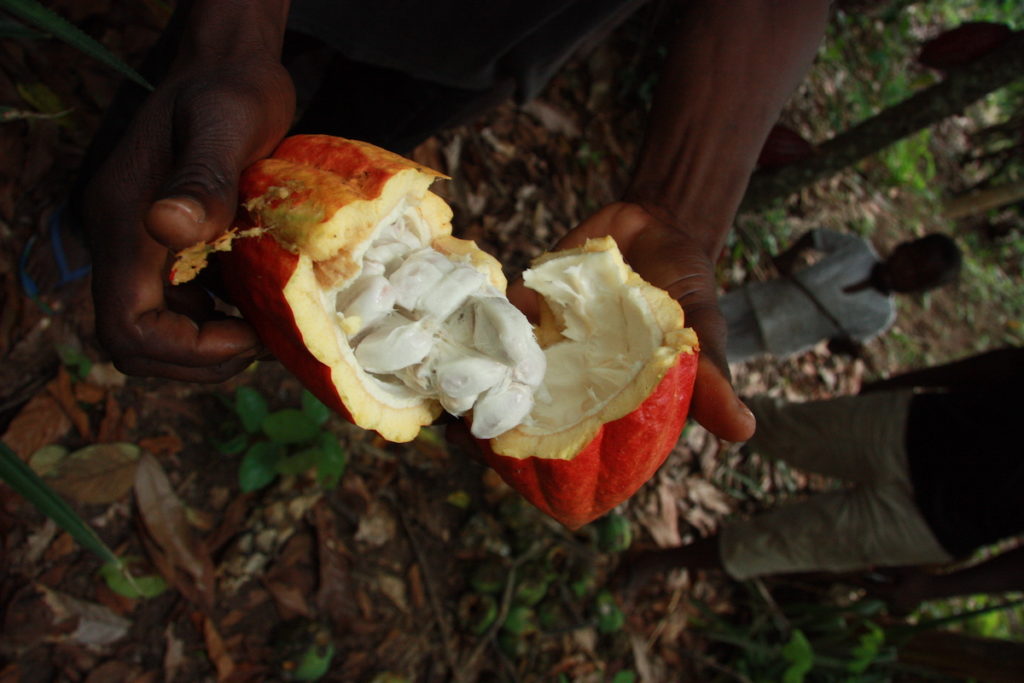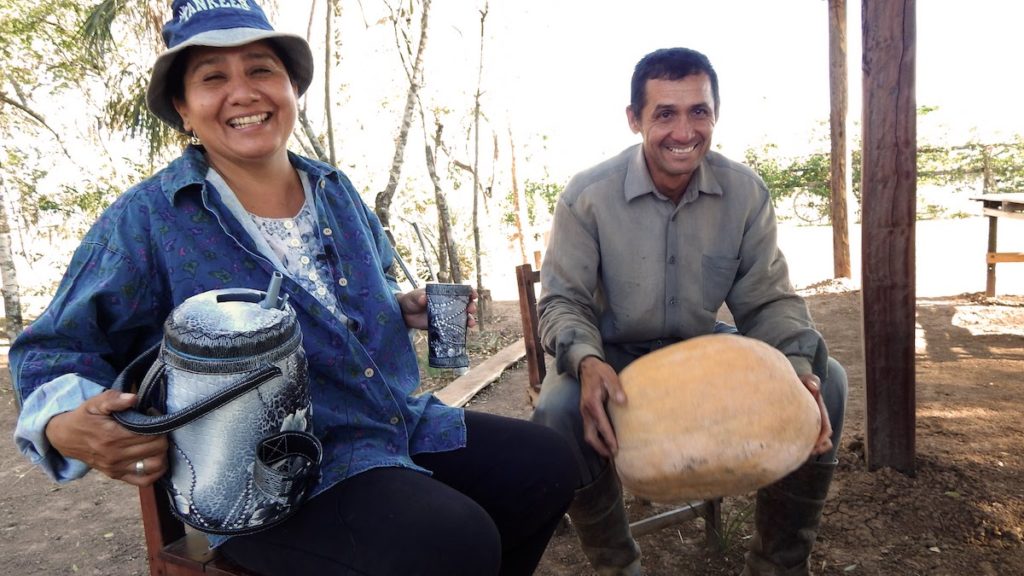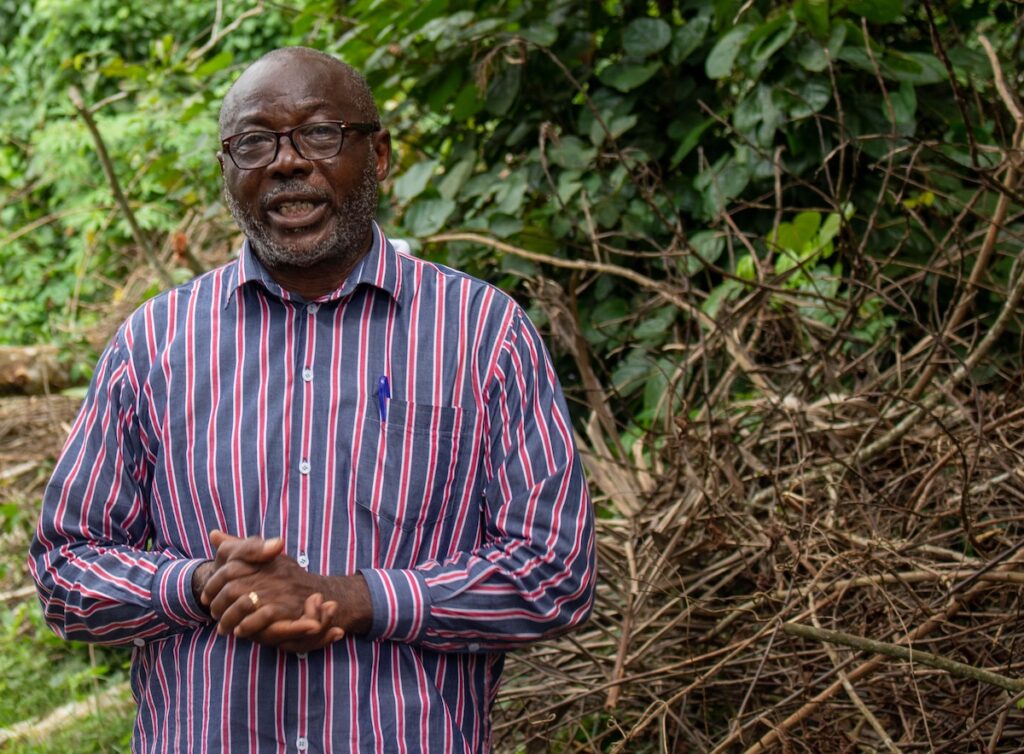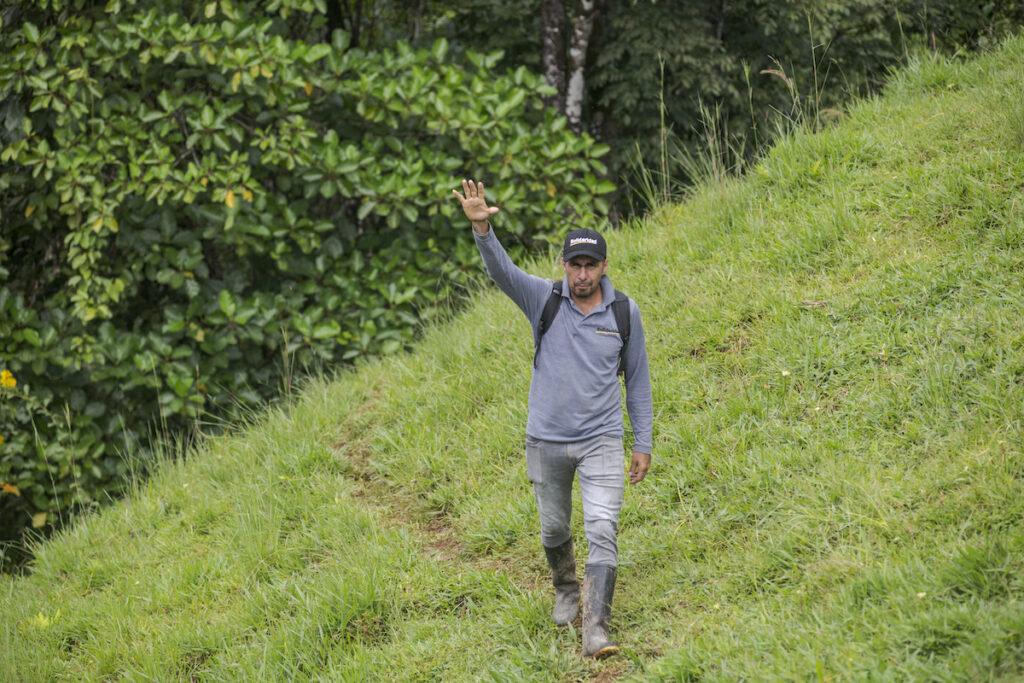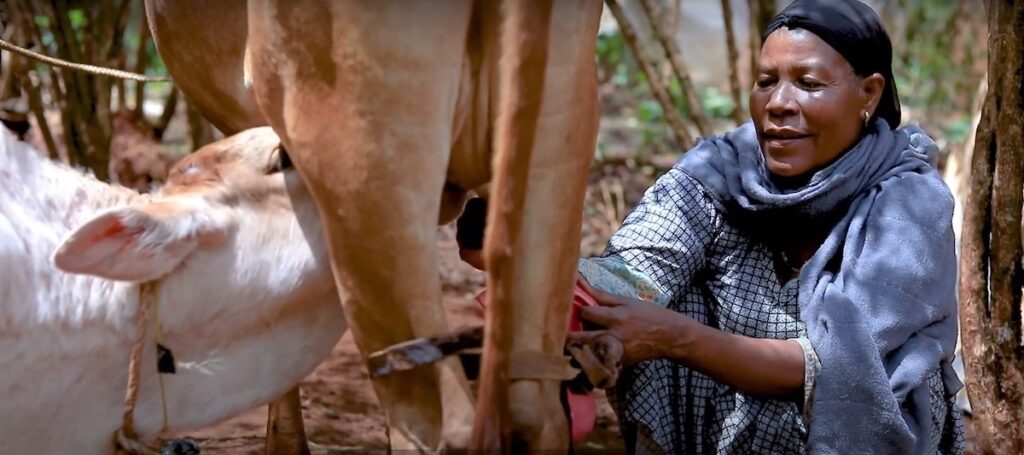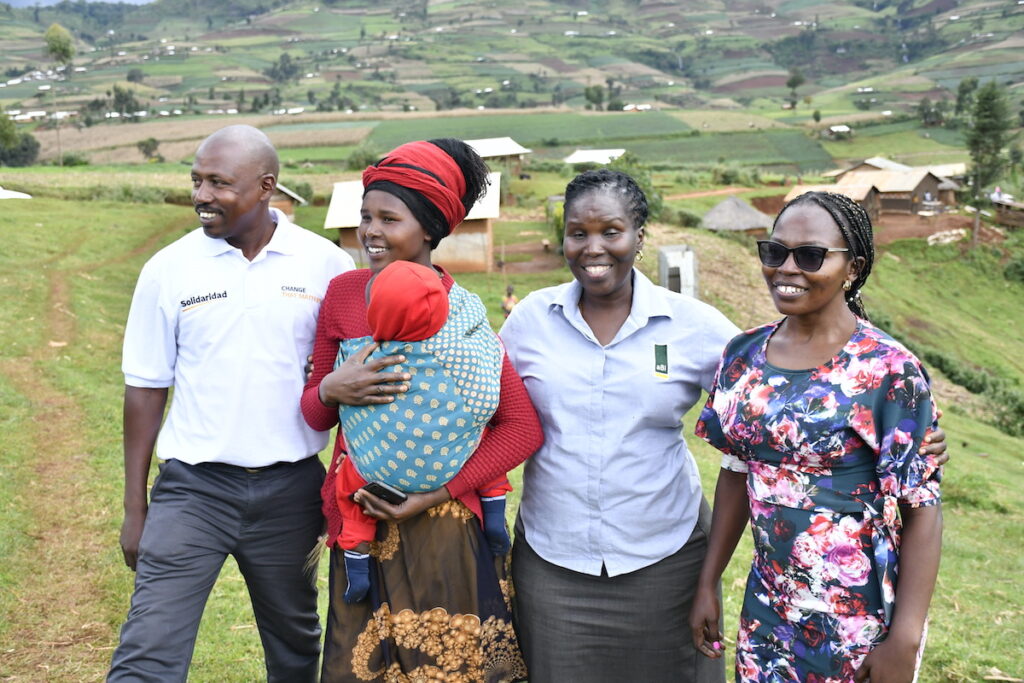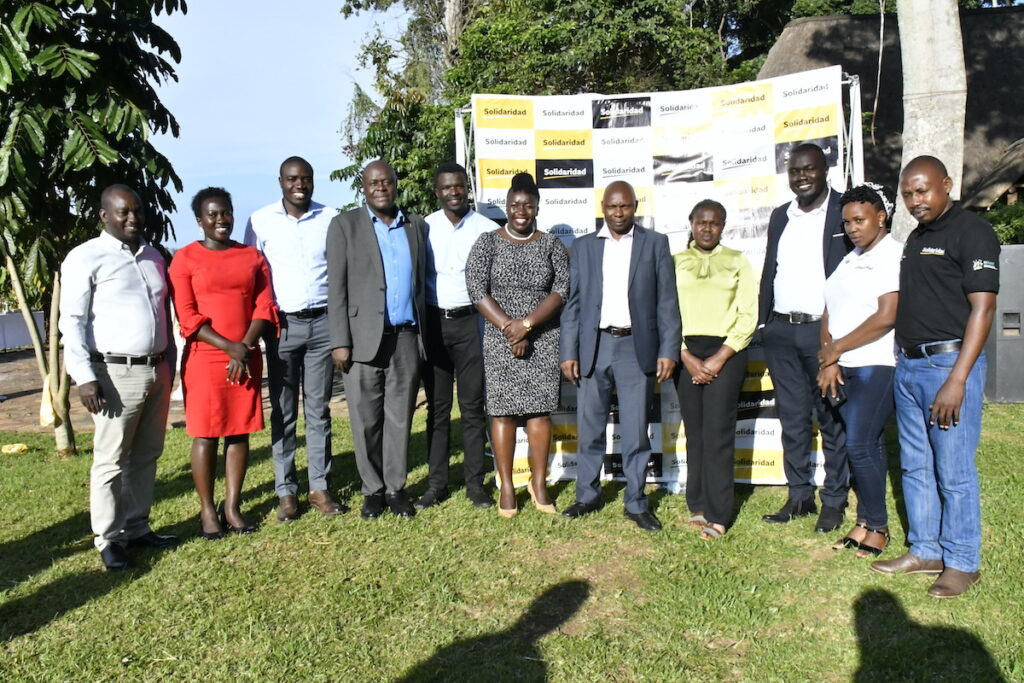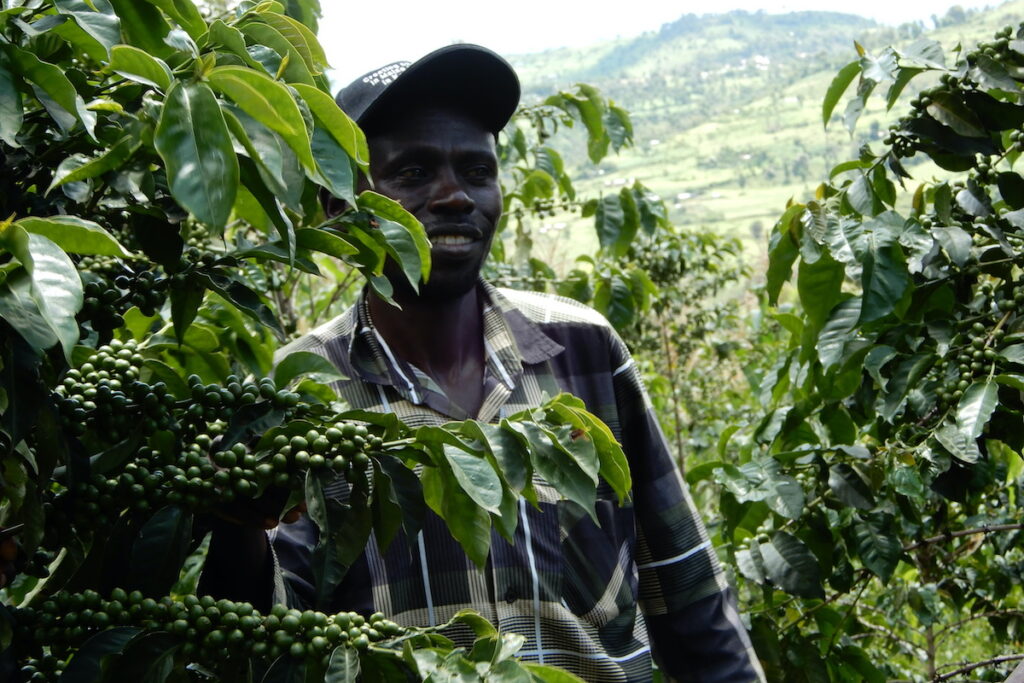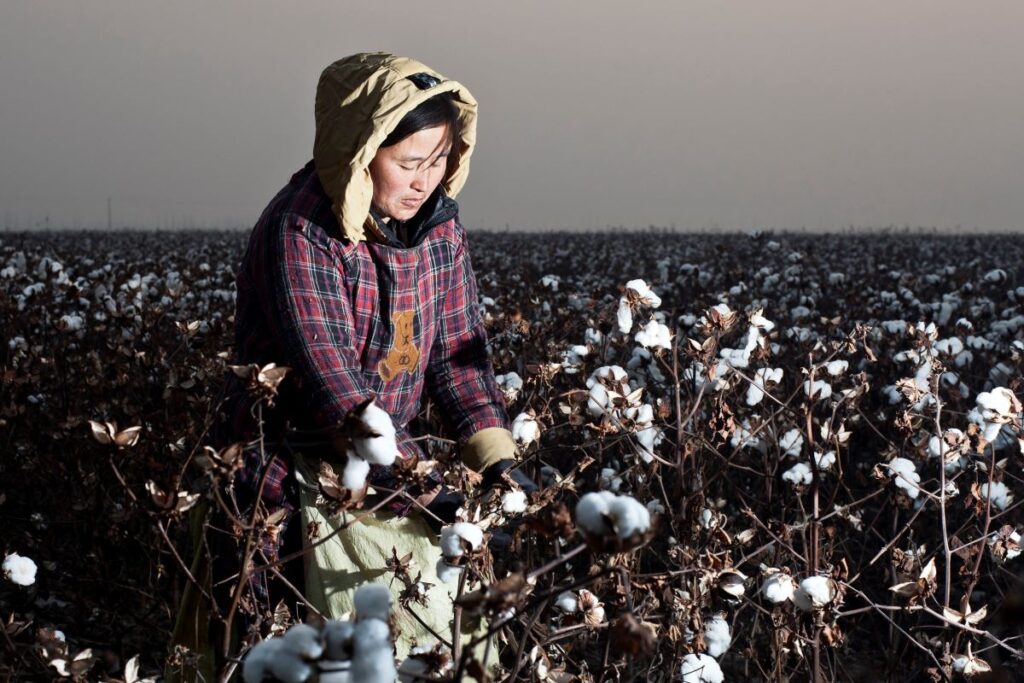In partnership with the Cereals Growers Association and the County Government of Bungoma, Solidaridad’s “Creating Shared Value in Maize Value Chain in Kenya” project in seeks to improve the livelihoods and resilience of approximately 3,000 smallholder maize farmers (50% women and youth). The partners will implement the project in three Bungoma County sub-counties: Bumula (Siboti, Kabula, South Bukusu, Bumula, Kimaeti wards), Kimilili (Kibingei and Kamukuywa wards), and Mount Elgon (Elgon, Cheptais, and Kapkateny wards).
Going beyond the farm
Together with practices that will emphasize the integration of nature-based methods to address ecosystem restoration, the project’s market-based interventions will build the business case for smallholder farmers and producer organisations to increase maize productivity sustainably, build resilience to changing climate and promote gender and social inclusion within the value chain.
We may not eliminate the risks, but it is possible to reduce exposure and vulnerability while increasing farmers’ resilience. Our recommended menu of practices is site-specific and responds to climate and ecosystem threats. They include technological, knowledge, institutional and financial solutions that aim to reduce major threats on soil, reverse unsustainable use of resources, manage pest & disease incidences, and consequently increase yields without damaging biodiversity.
Sweeny Binsari, Climate Change and Natural Resources Management, Solidaridad
The project will integrate agroecological practices which are critical for operationalising sustainable maize production systems at the farm level to guarantee food systems transformation while protecting the environment. It will pave the way for identifying and applying important actions that are missing to ensure a transition to ecologically friendly practices.
The agroecological pathways for Bungoma County will concentrate on diversification of cropping systems using a wide selection of varieties, including traditional varieties (taking advantage of local genetic diversity). The project will also include soil organic matter enhancement, polyculture systems that integrate multiple cropping systems and agroforestry, as well as indigenous disease and pest management practices like push-pull technologies.
Emmanuel Ochola, Project Officer, Solidaridad
An evidence-based approach
The project’s approach to sustainable landscape management practices responds directly to the findings of a Climate Vulnerability Assessment study conducted in 2021 by Solidaridad on the maize value chain in Bungoma County.
The study identified increased changing rain patterns and dry spells as direct predictors of production and the suitability of maize crops, which had been resulting in low yields and revenues for farmers. Furthermore, it was revealed that perennial market failures are exemplified by poor distribution between deficit and surplus regions. The above challenges impact the productivity (production & quality), post-harvest handling, (local & regional) market access, and farming communities’ livelihoods in Bungoma, Kenya.
These challenges notwithstanding, demand for maize is projected to reach 60 million bags by 2025, up from about 50 million bags in 2019, due to population growth. The widening gap between demand and supply puts maize at the centre of the national food security debate and calls for a multi-pronged response to the value chain challenges.
Accessible, relevant, actionable and straightforward climate adaptation practices
In the face of climate change, sustainable development of the maize sector in Kenya requires urgent multi-disciplinary responses and solutions. These include the development of feasible agro-ecologically-based landscape and climate-smart practices that facilitate adaptation while ensuring the least impact on the environment and achieving sustainable maize farming. Site-specific utilization of landscape and climate-smart profiles offer promising options to design more resilient and productive maize farming systems in Bungoma County. Simply, this project aims to facilitate adaptation by making complex climate information accessible to smallholder maize farmers in a relevant, actionable and straightforward way.

